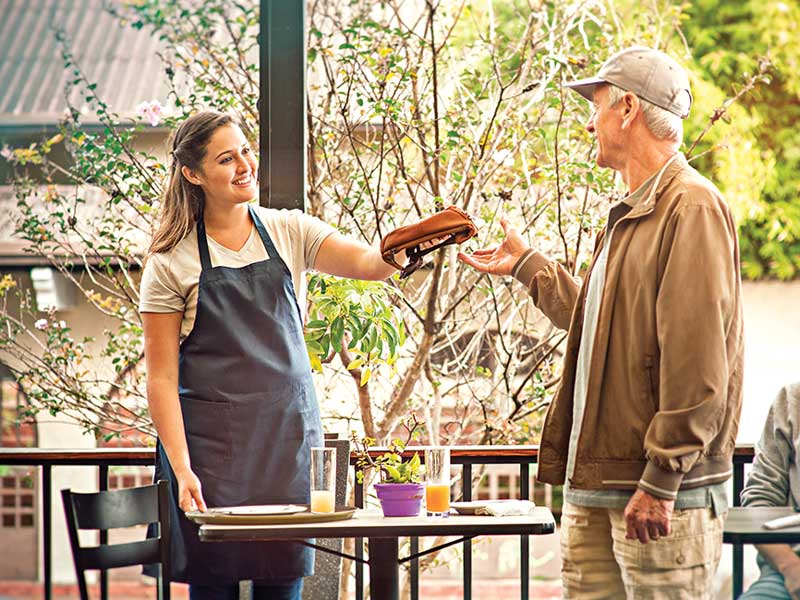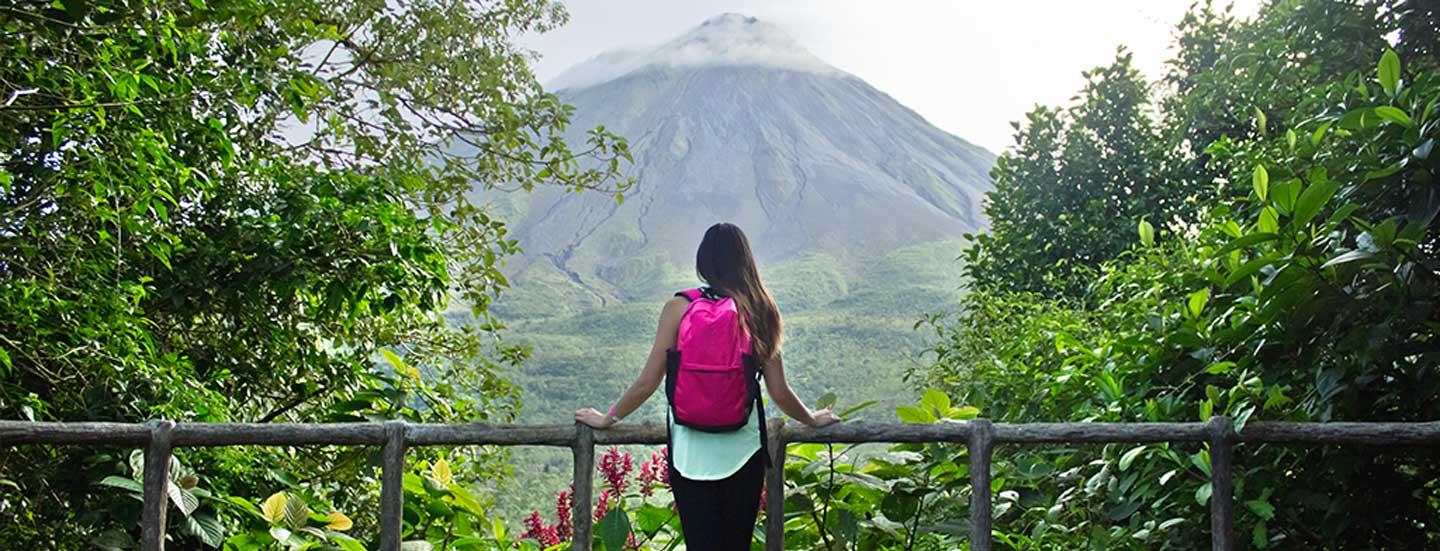The twentieth Tourism Safety Congress was held by the National Chamber of Tourism (Canatur) and the Costa Rican Tourism Board (ICT) in November 2018, bringing together over 700 representatives of the Costa Rican tourism sector from every region of the country for training on tourism safety. The invitees were the first ones to learn about the “Taking care of one another is in our nature” campaign, which has been designed to build capacity with respect to the importance of taking care of one another, both locals and visitors from abroad.
“This campaign is the result of joint efforts that we have been carrying forward with various public institutions to strengthen tourist safety by making a call to take care of one another and of our visitors”, explained the Minister of Tourism, Maria Amalia Revelo, who added that “a sustainable destination must also be a safe destination”.
The Minister of Public Safety, Michael Soto, highlighted the importance of bringing together representatives from various tourism-related sectors throughout the country, noting the partnerships being formed between different ministries and the private sector to strengthen a wider security message throughout the country.

The Public Safety Ministry (MSP) is the state entity that is the highest authority that monitors and preserves public safety, prevents criminal acts and cooperates to fight crime in accordance with the law.
The Tourist Police of Costa Rica is a specialized police force that is part of the General Directorate of the Police Force and is in charge of ensuring the safety and security of people travelling for business, pleasure or recreation throughout the national territory, especially those visiting from other parts of the world.
The main characteristic of this police force is that it has highly qualified officers who are well versed in interpersonal communication and bilingual. This allows them to serve the needs of the tourist population as they enjoy the attractions that Costa Rica has in store for them.
There are numerous Tourist Police posts throughout the country’s territory, which are strategically located in population centers with large numbers of tourists. When their services are needed, the Tourist Police serve tourism operators, tourist-receiving communities and travelers.

The main objective of the various Tourism Police units is to provide domestic and international tourists specialized assistance in line with a philosophy of good customer service, to make Costa Rica a safe, calm location where visitors can enjoy a peaceful and tranquil environment. Tourist Police work alongside communities and tourism-sector enterprises.
It should be noted that ICT has led joint efforts alongside the National Committee for Tourist Safety (CONSETUR), which is comprised of the Public Safety Ministry, the Judicial Investigation Organization (OIJ), the Office of the Attorney-General of the Republic and representatives from the Embassy of the United States, the National Chamber of Tourism (CANATUR) and the Guanacaste Chamber of Tourism (CATURGA) to adopt measures to strengthen tourist safety.
Yet we should all be aware that we need to take care of one another, looking out for our own safety, being aware of risks and taking the necessary measures to avoid danger.

Safety Advice
In Costa Rica, like anywhere else in the world, tourists are at risk of being targets of untoward behavior that can be avoided if they follow certain safety precautions.
- Only take as much money as you will need.
- Do not use valuable jewelry while traveling.
- Know your destination beforehand. Trace out a possible route, and if you get lost, look for a public place to check your map or ask for directions.
- Use ATMs located in well-lit areas and avoid withdrawing cash at night.
- Your belongings are not worth more than your life or safety. If you are involved in a robbery, do not resist and hand over what you are asked for while taking note of the person’s appearance.
- If your credit or debit card is taken, begin the cancellation procedure immediately with your respective banking provider.
- If you are in a bus stop, never leave your luggage unattended, especially if they have valuable items.
- Avoid distractions. If someone comes to talk with you or something draws your attention, remember not to lose sight of your luggage.
- When traveling by bus, take items of value with you. To the extent possible, take your carry-on luggage with you. Do not put it in the compartments above the seats, especially if you plan on sleeping during the trip.
- If you leave suitcases in the luggage compartment of the bus, ensure that the conductor places an identification tag to avoid confusion or lost luggage. This tag will be useful in future complaints against the transportation company.
- If the vehicle makes a rest stop, take your belongings with you. Do not leave them inside the bus for any reason.
- When you get to the hotel and sign in, always be alert around people near you and your baggage.
- Make use of the safety deposit boxes that your hotel and tourism information offices provide you with.
- Enjoy our country while staying safe.





